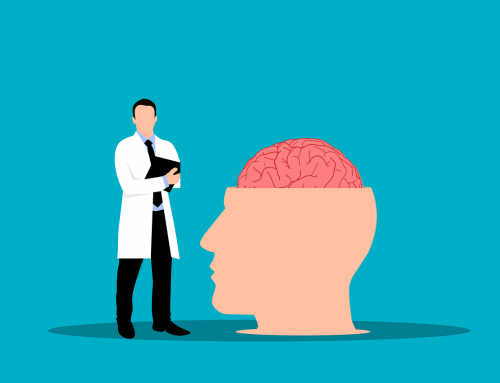I recently gave a presentation at the Michigan Brain Injury Fall Conference on understanding chronic pain from the mind-body perspective. With the rise of public awareness of the opioid epidemic in the United States—which is now the number one cause of accidental death, with over seventy thousand deaths from accidental overdoses of prescription drugs last year—discussion about the mind-body perspective on pain has become a more attractive public discussion.
The role of psychology in the treatment of pain became center stage with psychologist Ronald Melzack’s conceptual model of pain, which he termed the Gate-Control Theory, first introduced in 1965 (Melzack and Wall, 1965). According to the ground-breaking theory, the spinal cord contains a metaphorical neurological gate that opens and closes enabling or disenabling pain signals to pass to the brain. Melzack went on to direct one of the first university-based pain clinics in Canada.
Read more at Psychology Today





